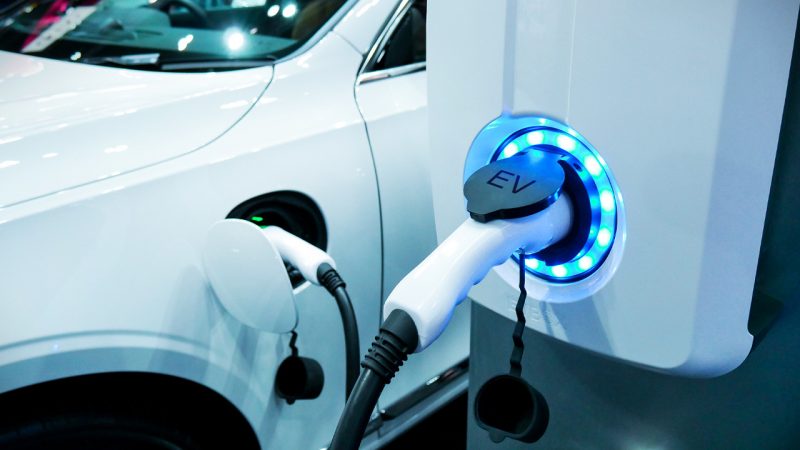- Class-5 scoping study completed by Neometals for its lithium-ion battery recycling technology
- Process removes the chemicals from the batteries with minimal environmental impact
- Once pilot testworks are completed a class three feasibility will follow
Neometals Limited has announced the completion for a class-5 scoping study on its lithium-ion battery (LIB) recycling technology.
Primero Group is engaged to complete the study which is based on Neometals test works and the associated mass/energy balance and financial modelling was undertaken by Azure Capital.
The outcomes of the study indicated potential robust economic margins and supports Neometals’ strategy of targeting the growing need for sustainable recycling solutions as the demand for batteries grow.
The study follows a historical evaluation of cobalt recovery from consumer electronics which are typically based on lithium cobalt oxide (LCO) cathode chemistries.
Since 2017, the rise for LIB has grown and Neometals has designed a completely new recycling process with the flexibility to process both LCO and nickel manganese cobalt battery types and to recover high-purity chemicals with minimal effect of the environment.
Neometals has been developing and evaluating its processing methods to recycle scrapped and used LIBs to recover cobalt, lithium, aluminium, nickel, manganese, copper and iron into saleable products.
The estimated operating cost is less than USD$7 a pound and total initial capital costs are USD$66 million.
Primero completed the study using both a 10tpd and 50tpd battery shredding and hydrometallurgical processing circuit.
The circuit consists of the shredding and removal the metal casings and plastics into the feed preparation facility and the leaching, recovery and refining of the chemical products to be delivered to the hydrometallurgical processing facility.
“We have invested in a true ‘recycling’ solution rather than base metal recovery process. It has been engineered for real-world conditions and recovers multiple high-purity chemical products from an array of battery chemistries,” Managing Director, Chris Reed said.
The pilot hydrometallurgical test work is currently in progress and on track with a class three feasibility study to follow.

